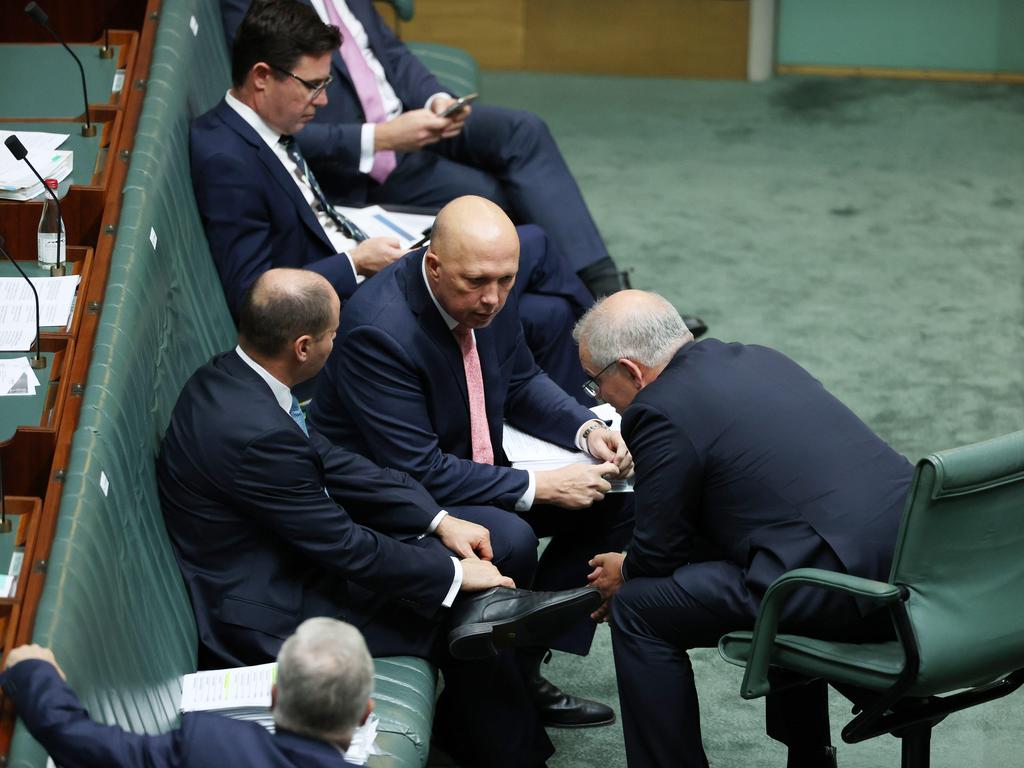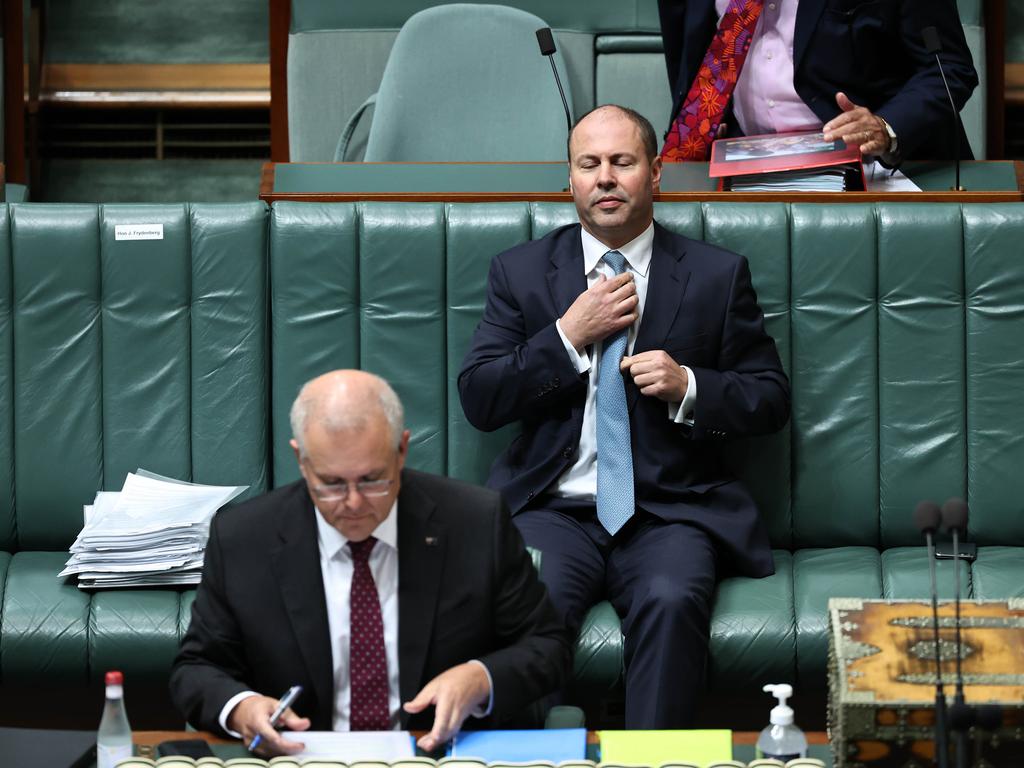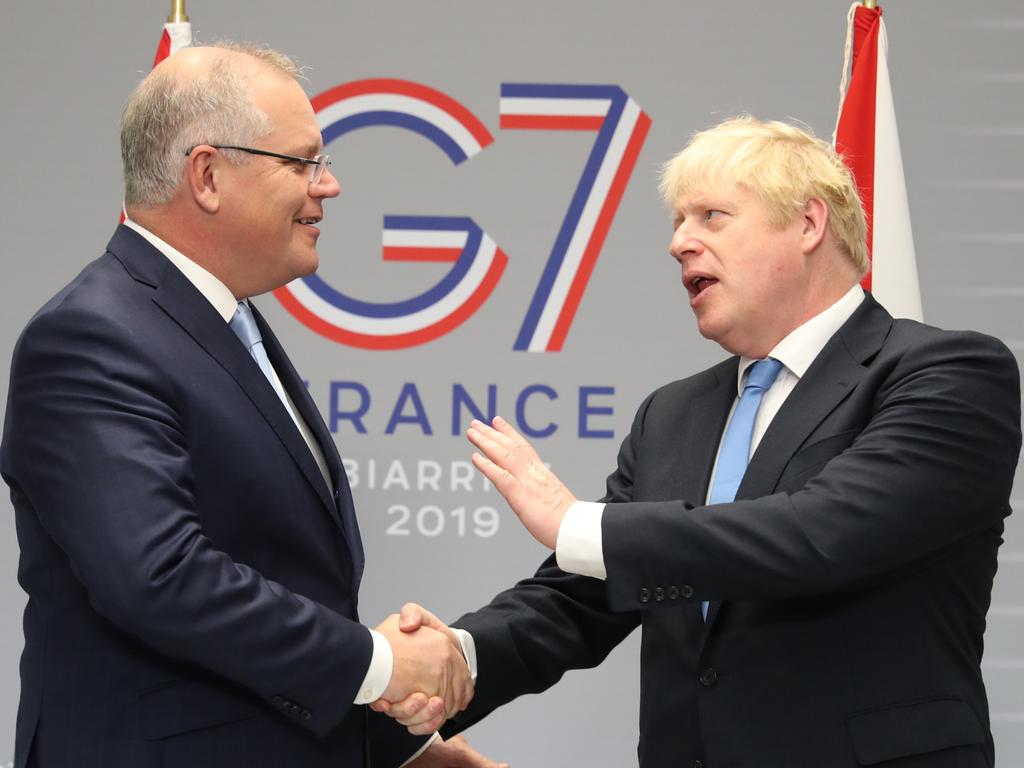A troubling case of mistaking identity


I recall someone asking what I liked to do for fun. I replied that I didn’t know, because I truly didn’t. That was just the easy stuff.
It’s a tricky thing to recount because these are private matters and I’m by nature a very private woman, but I’m sharing this memory because firstly, I know I’m not an orphan in this space, but more importantly I’ve found myself perplexed at how the concept of identity has been so greatly bastardised in recent years.
Weaponised. Glorified. How the idol of identity has seeped like engine oil staining a driveway onto our body politic. Into boardrooms, classrooms and lunchrooms all around Australia.
Identity used to be something a person wrestled with or ignored (in private) depending on their circumstances and level of self-awareness.
At its most base level, it was the stuff of logistics. Passports, drivers’ licences, and the like.
Identity was never a sword to be drawn or a trap to be set, let alone a political weapon or tool of exclusion. These days, identity often takes centre stage in conversations that are framing our world and our public policy. Rarely for the better.
It feels as though there’s a wrestle, a tug of war between those who would seek to frame every aspect of relationships, both personal and professional, through the prism of either race, gender, ethnicity or sexuality; and the rest of us. The ones who, when it all boils down, just want to be confident that the people we live, work and spend our time with are fundamentally decent.
Many refer to this wrestle as the culture wars and Scott Morrison said as much himself in a speech two weeks ago, in which he implored Australians not to buy in. Sound advice. Don’t jump into the fire. But why does it burn so well?
Is identity politics what you get when people lack purpose and meaning? Is it what happens when there’s only a loose connection to family and community? Perhaps it’s what happens when people lack purpose beyond self. It is definitely a close cousin of victimhood, of this I am convinced.
You rarely find an obsession with identity politics in community settings. Local sporting clubs. Churches. Mosques. Rural towns and regional centres. Places where people need each other still, in practical, everyday ways.
Friends and colleagues who are heavily involved in their community sport never lament the lack of diversity among volunteers who supervise, umpire and teach.
Nobody is upset because there aren’t enough volunteers of a certain gender, religion, sexuality or ethnicity when it comes to chopping oranges for the kids at half time, or running the boundaries. My country mates never bemoan the lack of gender equality in their local volunteer firefighting crews.
Decades ago, moves to address historic and genuine cases of discrimination on the basis of race and gender were important. They were groundbreaking and they were overdue.
Fast forward to where we are now, and it feels like we’ve regressed. It is a knotty problem for many in corporate life, too, when matters of identity rather than matters of substance threaten to have a disproportionate influence on strategy and decision making. It’s like trying to argue that the melody is more important than the entire symphony.
Sadly, the current environment doesn’t welcome robust debate on lots of issues, let alone this, but we need them. We need the honesty and the courage to have them.
I say all of this as someone who has spent 47 years patiently telling people how to spell and pronounce my name correctly. FYI it’s pronounced TON-yee-nee, not TOG-nee-nee. I’m proud of my Italian heritage. I’m not ashamed of my faith. These things inform who I am, to a degree.
As does the fact I’m a woman who never got to be a mum but is an A-grade aunty. It would be absurd to demand a quota for half-Italian, childless women in their 40s, but so much is canonised in the church of identity these days, where do we draw the line?
Identity politics is born from a poorness of spirit, one that only sees what it doesn’t have. It’s an internal disease with an external cure. That is, more listening than talking. More gratitude than victimhood. Knowing who you are is a gift, one that most of us spend a lifetime journeying to unwrap. The modern concept of identity is nothing but a poor imitation.
Gemma Tognini is executive director of GT Communications.






It’s an awful thing to lose your sense of identity. I remember what it’s like. It seems a lifetime ago now but the end of a marriage and all that goes with such a thing found me unsure of myself. Unable to recognise the person staring back at me in the mirror.